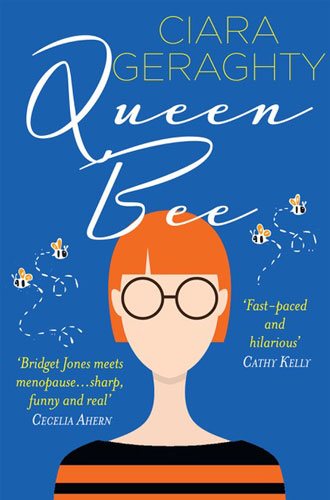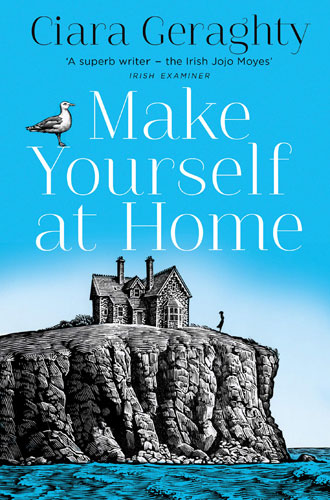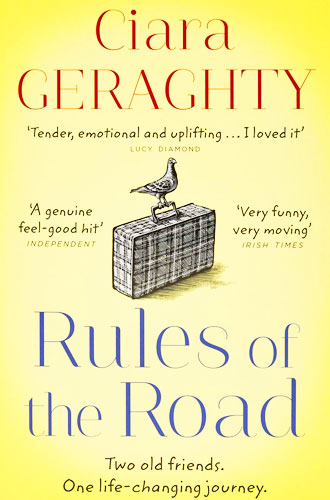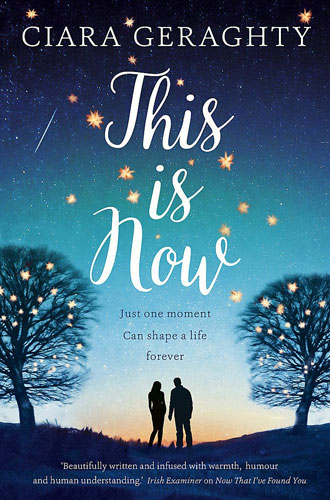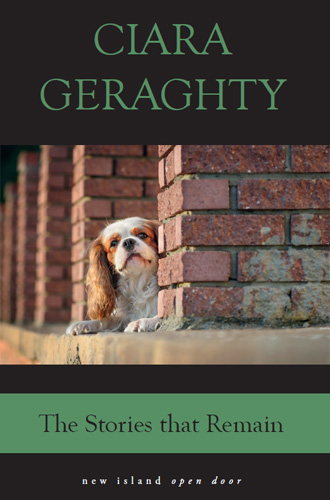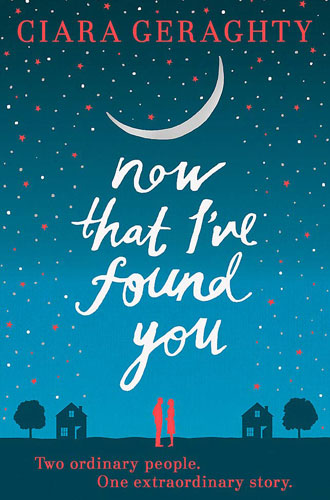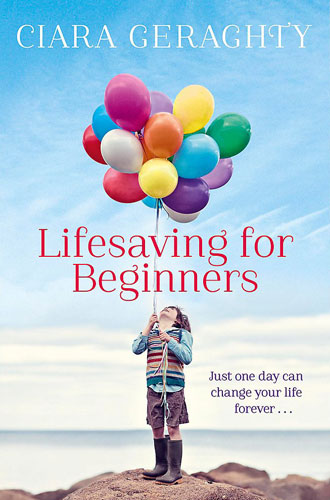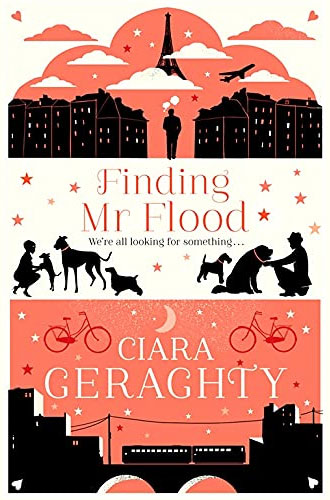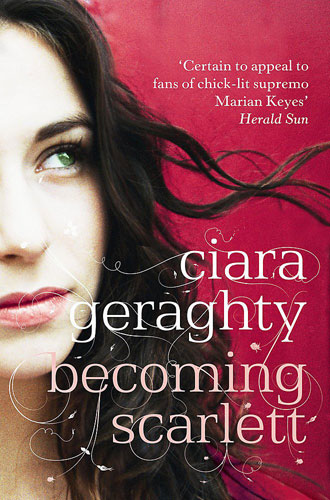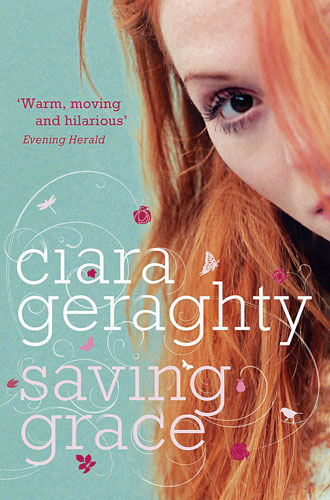
The Big Woman
In Ireland, we wake our dead. We bring them home. We put them in the ‘good room.’ They lie in a coffin that is not yet closed. We talk to them. Touch their faces. Tell stories about them. Drink toasts to them. Cry for them. Cry for ourselves. There’s singing. There’s always singing. And praying. Decades of the rosary. Lines of Hail Marys. The four Mysteries; Luminous, Joyful. Glorious. Sorrowful.
The dead are never alone during this vigil. It is a party. A farewell party. A Bon Voyage. A sound that carries through the night.
My grandmother was waked on a Saturday night. It was the first wake I ever attended.
The Big Woman. That’s what my father called her. You can’t call women Big Women nowadays. Even big ones. You can say tall. And strong. Stately perhaps.
But that’s what he called her, my maternal grandmother. And she was a Big Woman. Tall and strong and stately. With thick dark hair and bright blue eyes that never faded, despite the slow march of time across her face.
Her name was Emer Trainor (née Cahill) and she had an American passport as well as an Irish one. This caught our attention. In those days – the 70’s in Ireland – when everything was in black and white, we could hardly imagine America with her cowboys and Indians, her heat, her technicolour and drive-thrus.
I remember her in the afternoons, walking the lanes of Curkish and Rakeevan which circled the fields where I built houses in trees and chased cows with the friends I called The Twins. She waved to us and walked on, her face turned to the sun that seemed warmer back then.
I stayed with her in the summers when I was a child. She gave me my breakfast on a tray in bed every morning at ten to nine. She’d put the tray down, open the curtains and sing:
My Razor Back went on your track
A week ago today
Your ten to nine
Went down the line
And took his life away.
I don’t know why. She had lots of songs. This one was the breakfast-in-bed song.
Dinner was at one o’clock in the day, whether you were hungry or not. I always was. On on a blackened pan, she fried burgers from John Ed’s butcher shop and served them with big floury potatoes, smoking in their jackets, and dark green cabbage leaves on the side, piled in a heap.
Tea was at five. She was fond of rashers. Pulling the rind through the gaps in her teeth. On Thursdays, she’d bring me into town to collect her pension. Afterwards, she’d buy us jam tarts. And bags of Iced Caramels. She loved the pink ones. And Cornettos that she’d eat in five bites.
She watched Dynasty. And Dallas. Even though she called JR a ‘dirty auld scut’ and shook her head whenever there was any heavy petting. She had supper at nine and said her prayers after, kneeling at her side of the bed we shared, her beads wound around her big, soft fingers. She was in bed by ten. She made me have a bath every Saturday night, whether I needed one or not. She washed our clothes in the same bath on a Monday morning. She dyed her hair til she was sixty and then let it grow, wild and grey until the end.
She taught me a love of the little things. Hands wrapped around mugs of warm coffees made with milk. Brown bread, wrapped in a damp teatowel to harden the crust. She soured milk in a chipped mug set in a puddle of sunshine on the kitchen windowsill. She scored a cross through the top of the bread. It was like cake; sweet and warm.
I remember nan’s best friend. Nurse Carolan we all called her, even nan. She was the local midwife and came to my grandmother’s house to deliver each of nan’s eight children. She gave birth to them in her double bed. Nurse Carolan arrived each time on her bicycle with a black leather bag dangling off a handlebar. My uncle Tom thought this was how the babies arrived. In Nurse Carolan’s black leather bag that dangled off the handlebar of her bicycle. I don’t know how many miscarriages there were. More than two. In those days, you didn’t grieve for the babies. You offered it up. This was God’s will. This was the way things were. There was one baby my grandmother lost when she was four months pregnant. She mourned this baby toward the end of her life. Like she had held this baby warm in her arms and suckled it, the way she held and suckled all the others.
At the wake, nan wore the blue summer dress that she kept for special occasions. Her sister – Una Carroll – sat beside the coffin in the livingroom of my aunt Emer’s house. She wept when she saw me and told me to touch her. ‘She’s so cold’ she said. ‘Emer, who was always so warm.’ I looked at my grandmother, lying there in the box that was not yet closed, her face unaccustomed to so much make up. I smiled at her and whispered my goodbye.
I did not touch her.
I wanted to remember the warmth of her.
Ciara Geraghty
